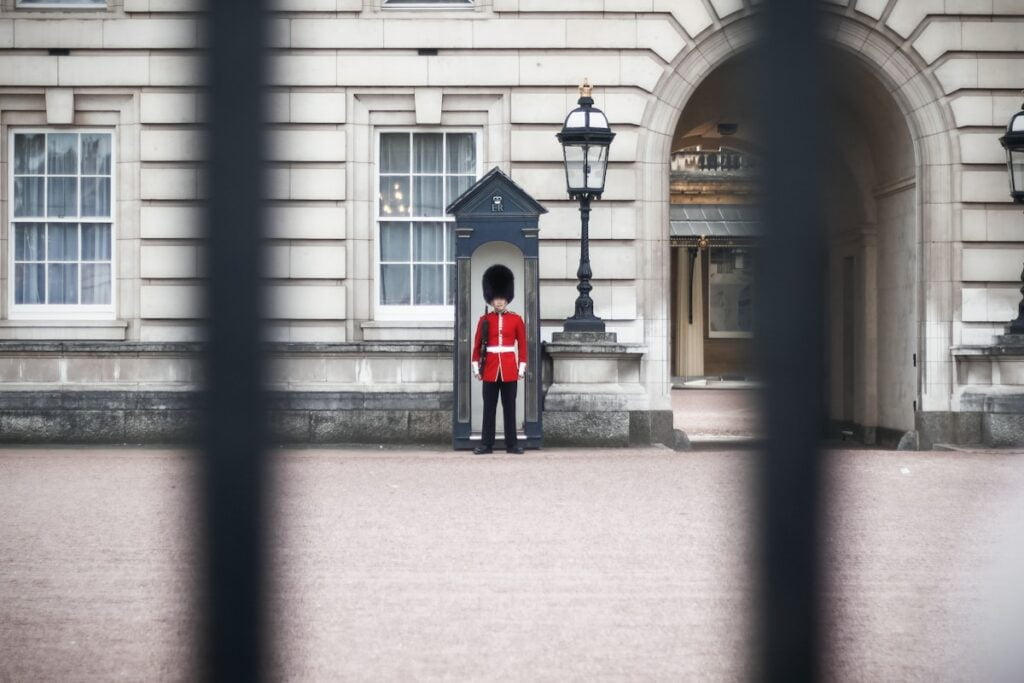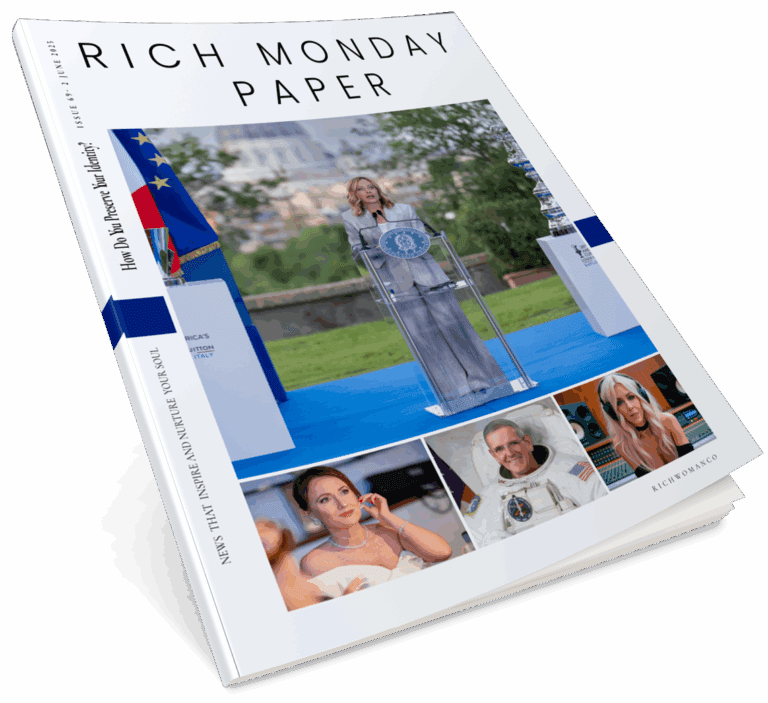The paradox of offline lifestyle: lessons from the Royals
The question is: to be or not to be online? What are the lessons we could learn from the Royals to bring some balance in our lives?

Living in this increasingly connected society, have you ever found yourself craving for an escape from the constant digital chatter? It seems unreasonable to seek solace from our online lives, when so much of our existence now revolves around it. But surprisingly, we can find such lessons of balance in the lives of the most public figures – the Royals. Their selectivity in online engagements and intentional offline periods provide us with a model of digital detox that we could perhaps learn from.
Royal parents- living in a ‘gilded cage’
Traditionally, the royals have personified continuity and tradition, with their lives acting as the threads interwoven into the fabric of society. Yet, their roles have often been compared to a “gilded cage”, confining them within the glass walls of public expectations and duties. This constraint reflects into their digital engagement, making privacy a luxury hard to afford.
Before the digital age, the royal duty included producing heirs and securing alliances through marriages. Every aspect of their personal lives was subject to public judgment and political tensions, setting the stage for their modern engagements.
Throughout the past millennium, royal parents have navigated a spectrum of challenges, from defending against Viking invasions to shielding their offspring from relentless paparazzi. William and Kate, the Duke and Duchess of Cambridge, epitomize parental trends in modern Britain, with the upbringing of their children, Prince George, 10, Princess Charlotte, 8, and Prince Louis, 5, under intense public scrutiny.
The spotlight on royal children is nothing new, as monarchs have historically raised their heirs amidst public attention, subject to prevailing parenting norms.
The journey of royal parenting has been marked by distinct trials and privileges. In medieval times, nurturing an heir often meant fostering a potential rival, with monarchs occasionally confronting their own offspring on the battlefield. Conversely, ousted kings and queens sought solace in familial bonds following wars or popular uprisings. Today, royal obligations and global tours have frequently separated young princes and princesses from their parents, although this dynamic is gradually evolving within the contemporary generation of royalty.
The royals have adopted social media platforms cautiously, maintaining an astute balance of their public duty and right to privacy. Prince and Princess of Wales, for instance, use official handles to broadcast messages of societal relevance, like health awareness drives. Yet, they engage in occasional offline periods, emerging from continuous connectivity that typically defines our contemporary lives.
This paradox reflects a societal dilemma where the same social media platforms meant to connect us can also isolate us. Shakespeare would perhaps write would write: To be or not to be online? While the public expects the royals to stay accessible, while they quietly yearn to enjoy the sanctity of their private lives.
Self expression and Societal implications
In today’s Britain, embodying royalty often entails suppressing personal expression and conforming to an established archetype, as deviating from this norm invites scrutiny and discussion framed by stereotypical perceptions.
The model of royal conduct holds the power to shape societal norms and expectations. An occasional digital detox taken by the royals or their offline promotions subtly influence public behaviour. Their engagements in campaigns like public health drive positive societal impacts, while their simultaneous digital management highlights their mindful use of influence. After the King’s health news were released, Prince William and Prince Harry faced private anxieties and public pressures at the same time.
Royal offline lifestyle
Reflecting upon royal digital behaviour provokes several lessons on leading a wholesome offline life:
- Maintaining boundaries:
A selected online engagement exhibited by the royals emphasizes the importance of maintaining mental health and personal space. - Preserving privacy:
Offline periods remind us of treasuring privacy in an era when oversharing knowledge has become the new norm. - Being present intentionally:
The intent behind royal public engagement signifies the power of being consciously present, irrespective of being online or offline. - Leveraging public influence:
Using digital platforms for public missions shows how public figures can harness their influence for the larger benefit while retaining personal boundaries. - Managing online identities:
The struggle with striking a balance reflects our broader societal challenge of preserving authentic personas amidst our online lives .
Drawing the Curtain
The royal’s perspective on digital detox, navigating the paradox of ‘to be or not to be online’ makes all the complexities of leading a public life in this digital era, an impossible mission. Carving an un-digital, authentic self, while simultaneously meeting public expectations and abiding by duties could inspire valuable lessons on the significance of setting boundaries, valuing privacy and intentional presence.
Do you want to share your story and inspire our readers ? Know that YOUR EXPERTISE is paving the way for a brighter, happier future.




